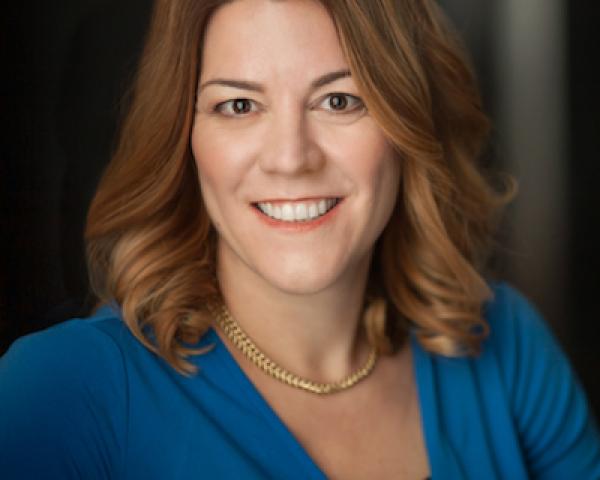“I hear you. I really do. I’ve got two stories of my own to share. I also had been told several times by my boss to keep quiet, and not rock the boat. But I saw several errors that I knew would affect the timeline of our project once they were discovered. I took them to my boss who told me under no circumstance was I to say what was going on. When the project got in trouble several months later, the department head, Joe, got involved and asked why I didn’t say anything. I told him I had. He coached me and said that, at times like this, it’s so important to put the project ahead of self-protection. Joe reminded me of what was at stake. And told me I can always come to him as needed. Which I do from time to time–only when absolutely necessary. I still respect the chain of command most of the time. My boss hates it when I go to Joe. But, I know have to do the right thing. Then one day we were in a meeting with Joe. He told us how frustrated he was that people don’t speak up. And then he said, ‘Peter’s the only one.’ When he asked why, everyone just looked at him without saying a word. Then my boss took me aside and said, ‘See, Joe wants you to stop speaking up! Now stop it!’ I was like, ‘What? Were we in the same meeting? And I insisted that we have a three- way conversation with Joe to check for understanding. Joe was unequivocal. ‘I want Peter and everyone on this team to speak up. That’s the only way we will know what’s ever going on.'”Okay, I thought, we’re making real progress in this discussion. But, the truth is, it’s still easier for a guy like Peter to pull this off. And then he began his second story. “About a year ago, I had a peer come to me and tell me she thought I was a bully. I was shocked. I was hurt. I don’t see myself as a bully. I asked why. It came down to the fact that I was holding people accountable, and that was uncomfortable, and I knew I couldn’t change that. But I also knew that accountability is one thing, bullying is another. So I went to some of my other peers. And several of them said, ‘Oh yeah, you’re a bully sometimes.’ And I knew I needed to change. I dug deeper on how my behavior was being perceived. I started listening more. I entered rooms more gently. I watched my tone and manner. No work I’ve ever done on my leadership has made a bigger impact on my influence. I’m still holding people accountable, but I’m watching my style. It’s easier for all of us. Can you imagine if that woman had FOSU? I’d still be frustrating her and everyone else. She did all of us a favor by speaking up. I understand the culture we’re in, but I’ve got to tell you. People don’t speak up enough. We have to talk about this stuff for the culture to change. How can we do that better?'” See also: Voice of the Customer: They’re Not Happy Your Turn: How Can We? And so I turn that question back to you. This is hard, no doubt. But how do we encourage more people to speak up and find their voices? I’d love to hear your stories of overcoming FOSU and the difference it made.
Why Bother? (and Other Bad Thinking)
There is a whole lot of not speaking up going on, at a time and in cultures that desperately need the truth.









